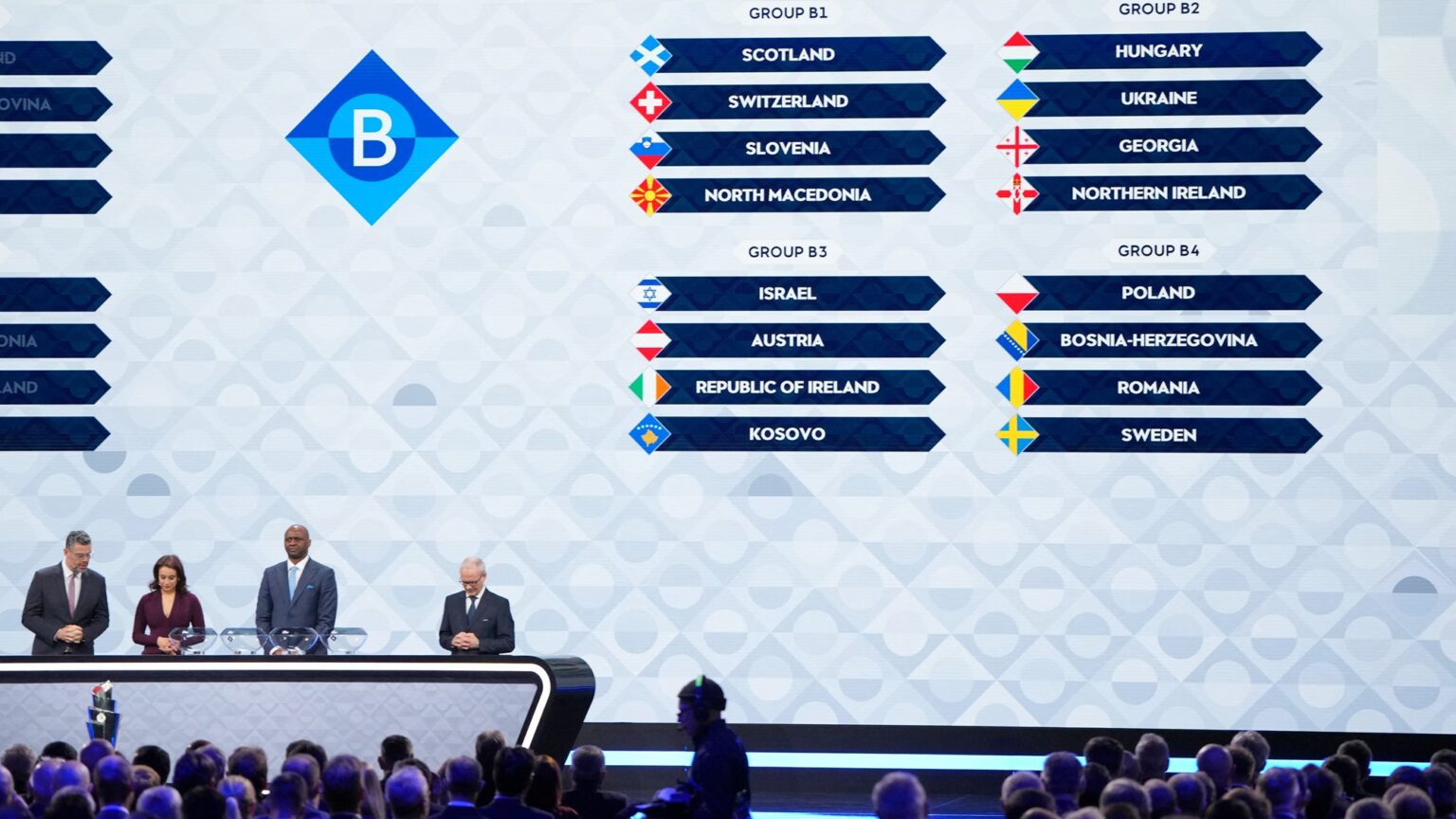
Hungary got Ukraine for a politically charged clash, as well as Georgia and Northern Ireland for their UEFA Nations League group opponents in League B of the competition. The games will be played this fall.
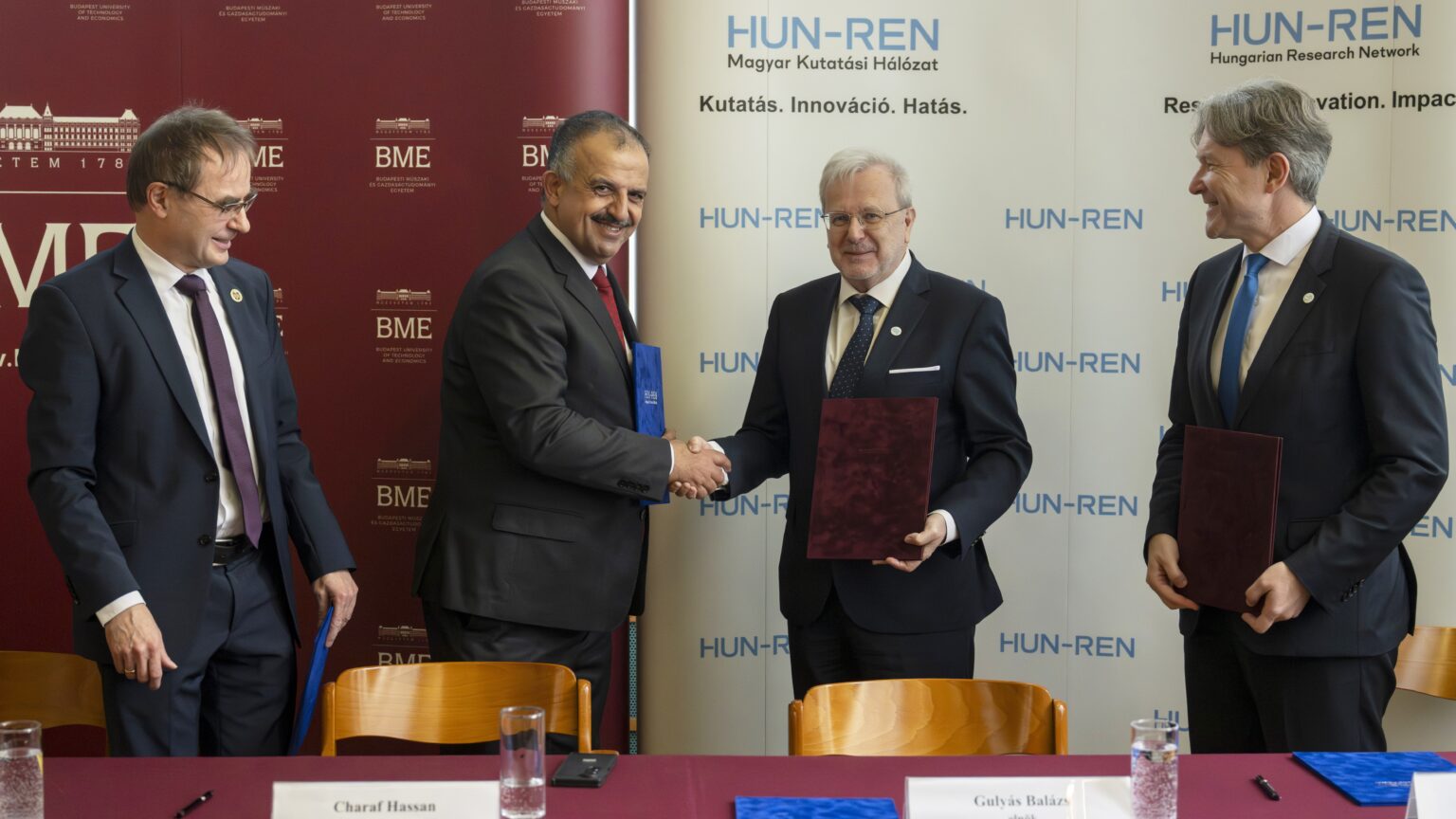
Hungary’s HUN-REN Research Network and the Budapest University of Technology and Economics have signed a joint action plan aimed at combining research capacity, strengthening doctoral training and enhancing the country’s international scientific competitiveness.
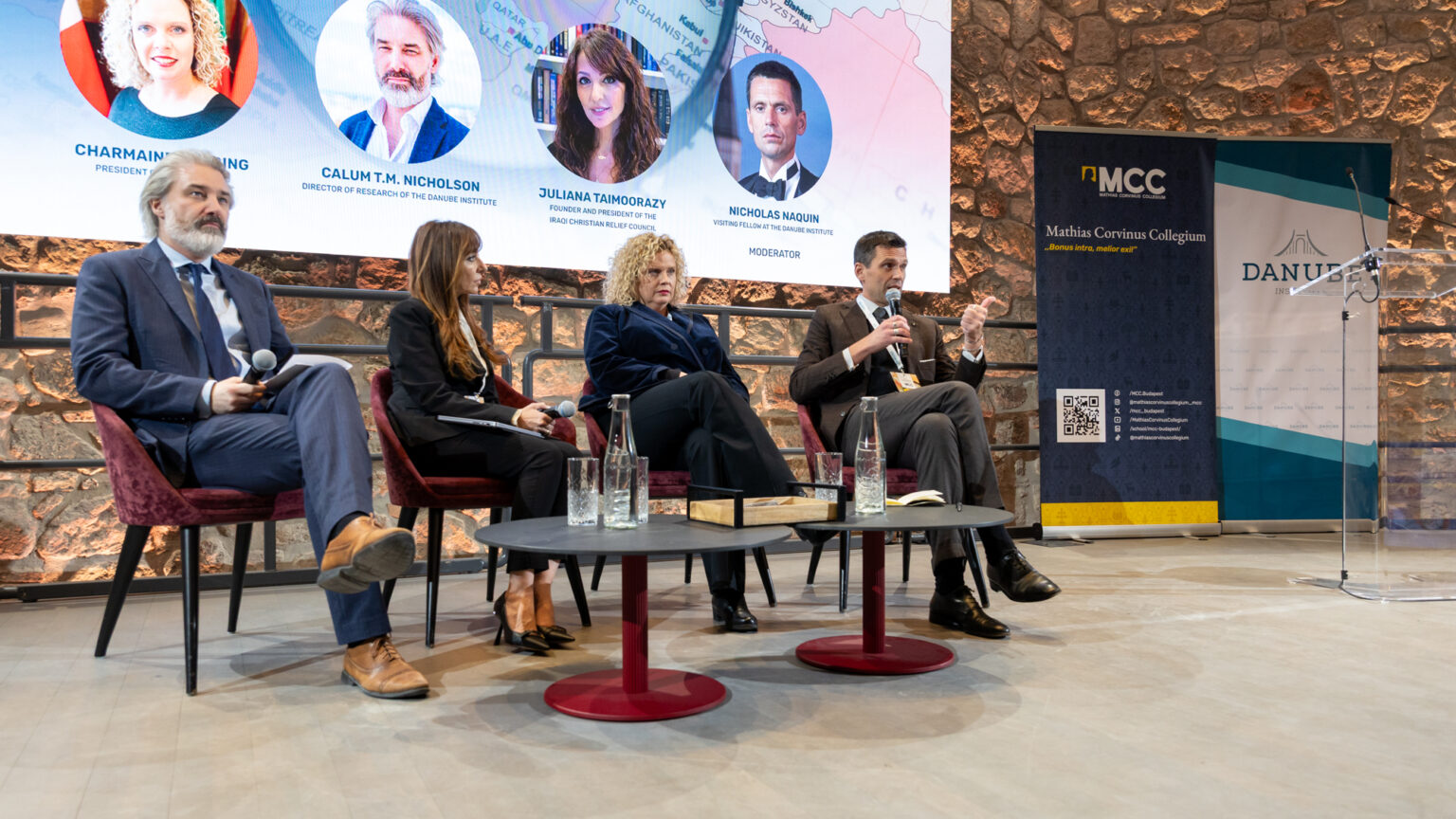
From the collapse of USAID to debates over federalism and decentralization, speakers argued that aid and political models in the Middle East must be grounded in realism, accountability and respect for lived realities rather than abstract ideals.
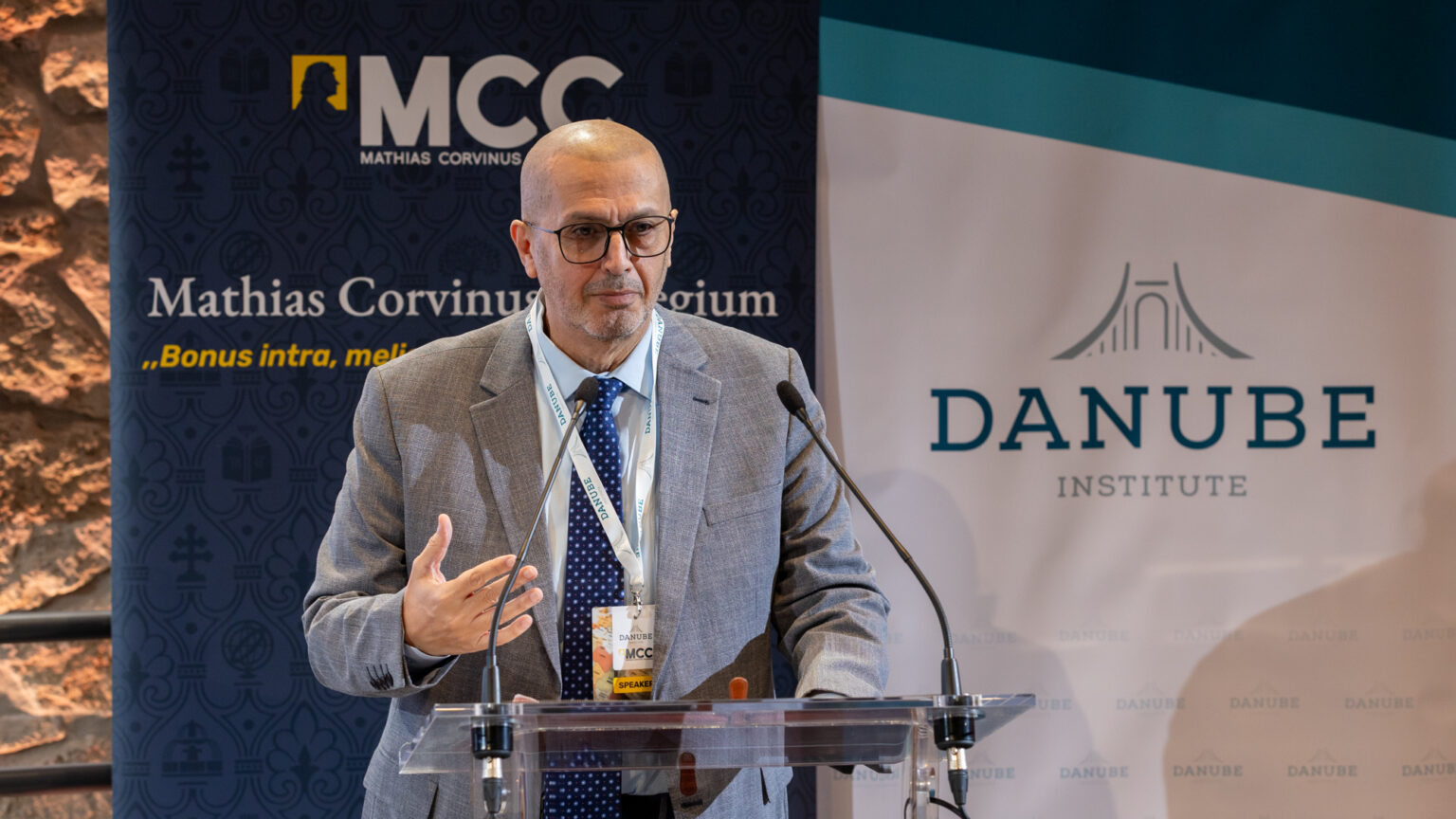
From Kurdish self-governance to the UAE’s federal model, speakers at an MCC–Danube Institute conference argued that the Middle East’s minority question demands multiple, locally grounded solutions rather than one-size-fits-all answers.

Super Bowl LX was viewed by 124.9 million people last Sunday. That is a drop of 2.8 million viewers from last year’s audience of 127.7 million. Puerto Rican reggaeton singer Bad Bunny’s performance was viewed by more people than the actual game. However, that is typical, and it lost even more viewers compared to the last halftime show by Kendrick Lamar, going from 133.5 to 128.2 million viewers.
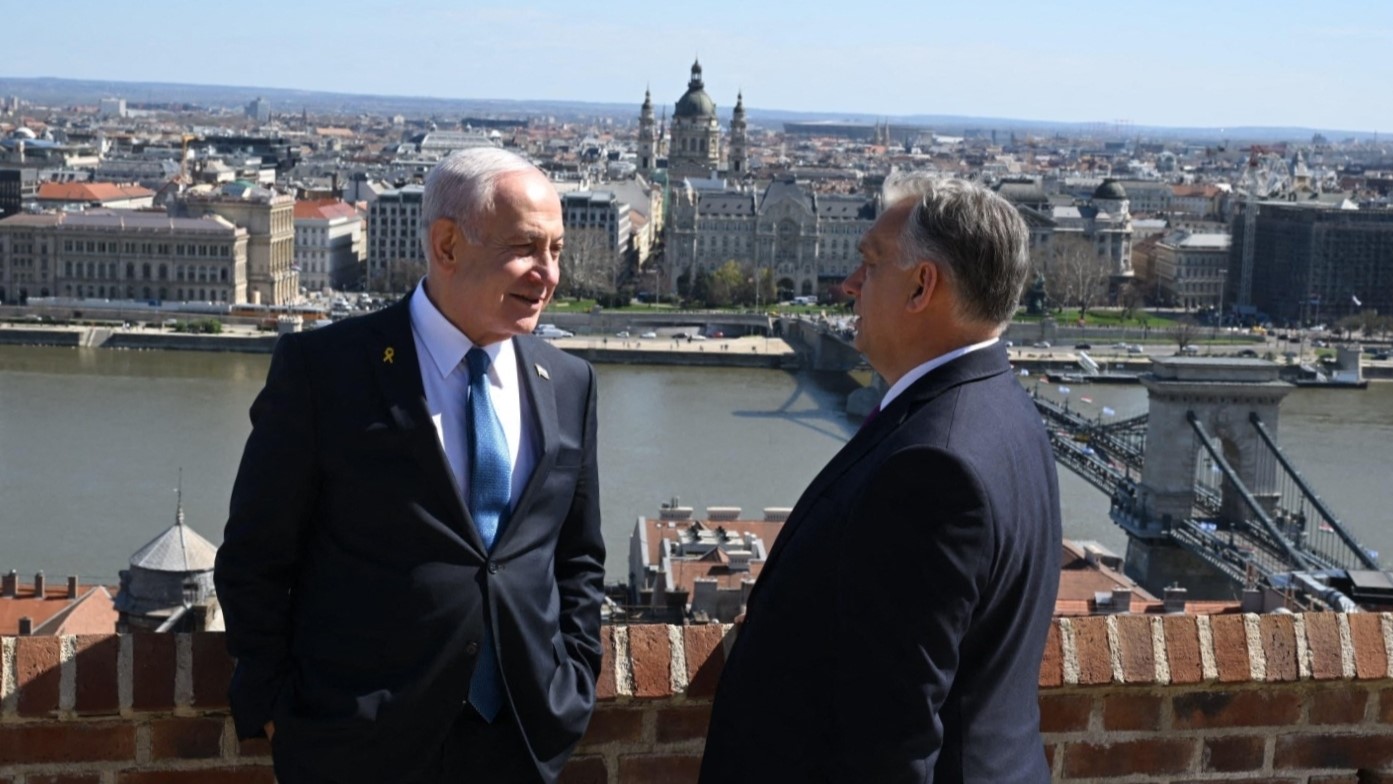
Prime Minister Benjamin Netanyahu of Israel will be one of the featured speakers at CPAC Hungary 2026 this March, The Times of Israel has reported. The information has since been confirmed by the Israeli Prime Minister’s office as well.

Safe and responsible internet use is best learned at home through open communication, shared rules and parental example, Hungary’s media authority said on Safer Internet Day, noting that children are going online at increasingly younger ages.

At the Budapest Global Dialogue 2026, FM Péter Szijjártó accused Brussels of mishandling every major crisis over the past 25 years, while highlighting that Hungary’s break from EU leadership has led to favourable outcomes for the country. Also, panellists debated a fractured world order, the limits of liberal hegemony, and the growing role of middle powers amidst rising great-power competition.
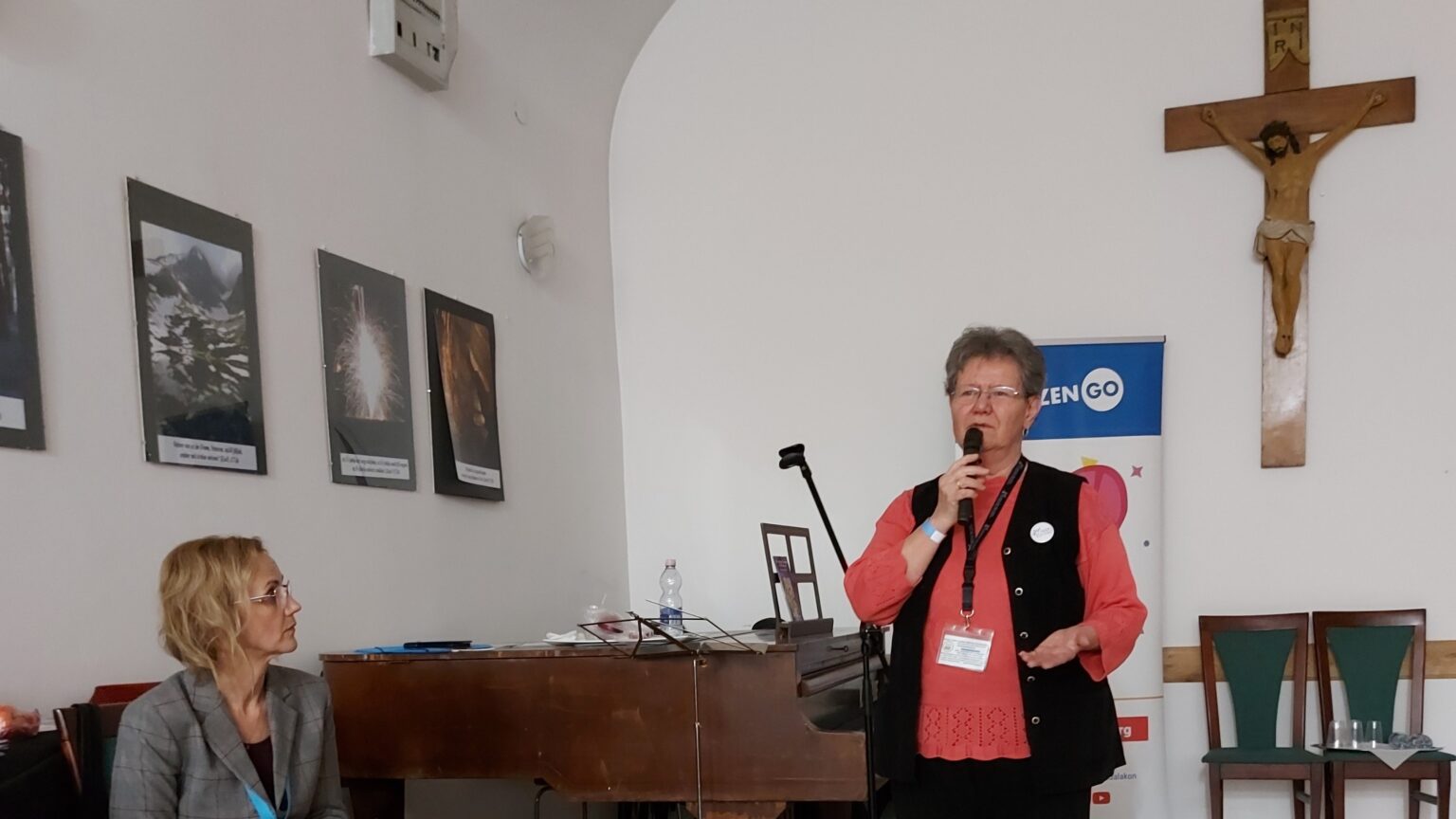
‘You are fortunate in Hungary: under your conservative Christian government, you are able to evangelize freely, unlike, for example, the UK, where prayer vigils often encounter civil and governmental opposition.’
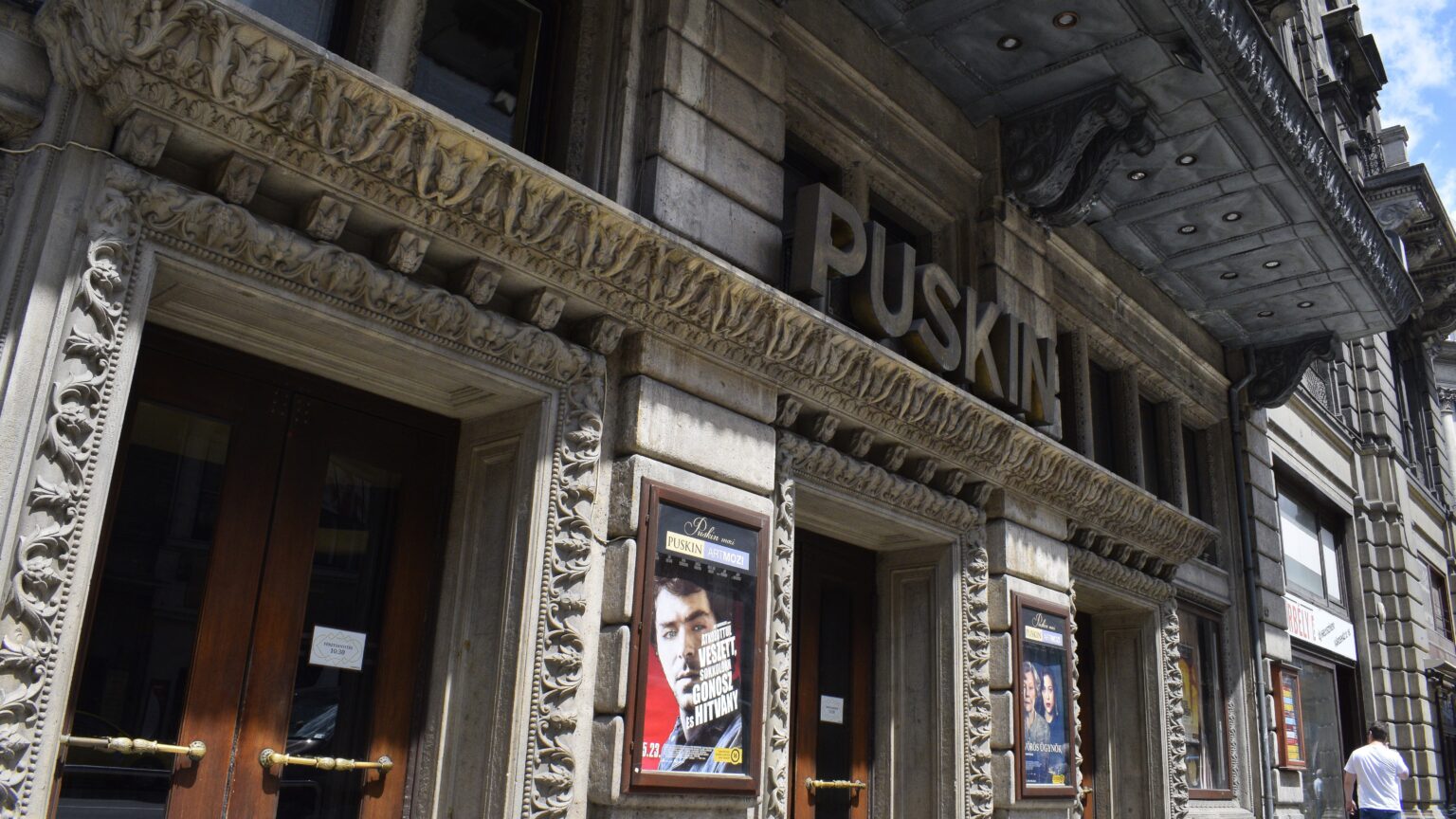
The tenth edition of the Indian Film Festival will take place in Budapest between 27 February and 1 March, offering free screenings of seven Hungarian-subtitled films that showcase the diversity and storytelling power of Indian cinema.
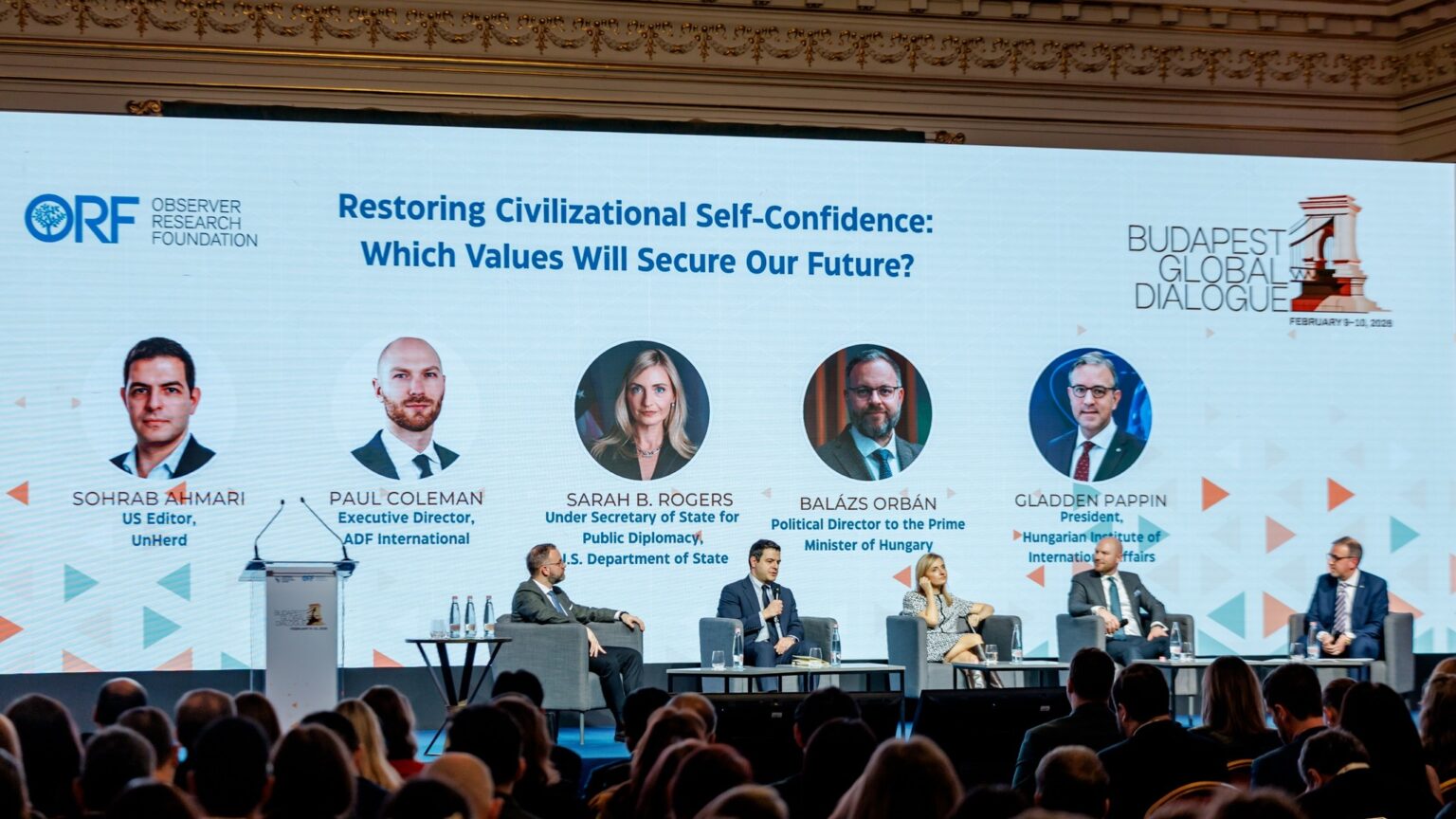
The third Budapest Global Dialogue kicked off on 9 February with an opening panel warning that censorship, supranational pressure, and ideological regulation are eroding democracy across the West. Speakers including Balázs Orbán and US Under Secretary Sarah B Rogers argued that free speech and national sovereignty now stand at the centre of a widening transatlantic political struggle.
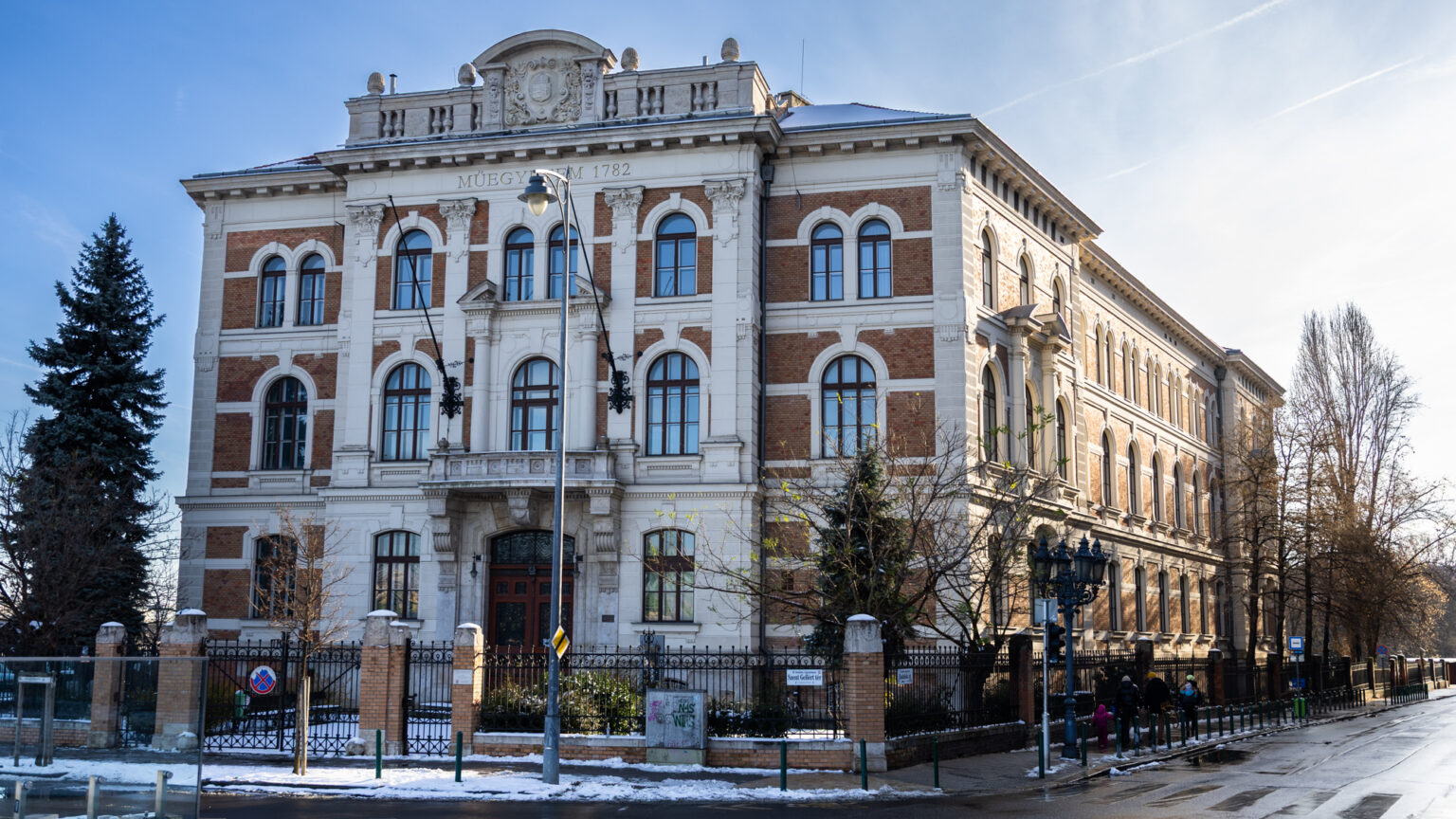
Hungary has launched a new ‘three-in-one’ education programme linking technical schools and universities, allowing IT students to earn a university degree faster through credit recognition and practice-oriented training.

The Seattle Seahawks claimed a commanding victory over the New England Patriots in Super Bowl LX, pairing defensive dominance with a historic MVP performance from Kenneth Walker III. Yet beyond the scoreline, the championship night was equally defined by political controversy surrounding the halftime show and its sharp cultural divide across American audiences.

Kind, educated, and beautiful—that was the general opinion of Bailiff Hadady’s daughter. The next heroine in Magyar Krónika’s series about famous Hungarian women is Emma Hadady, who died a martyr’s death in Celebes during World War II alongside her doctor husband.
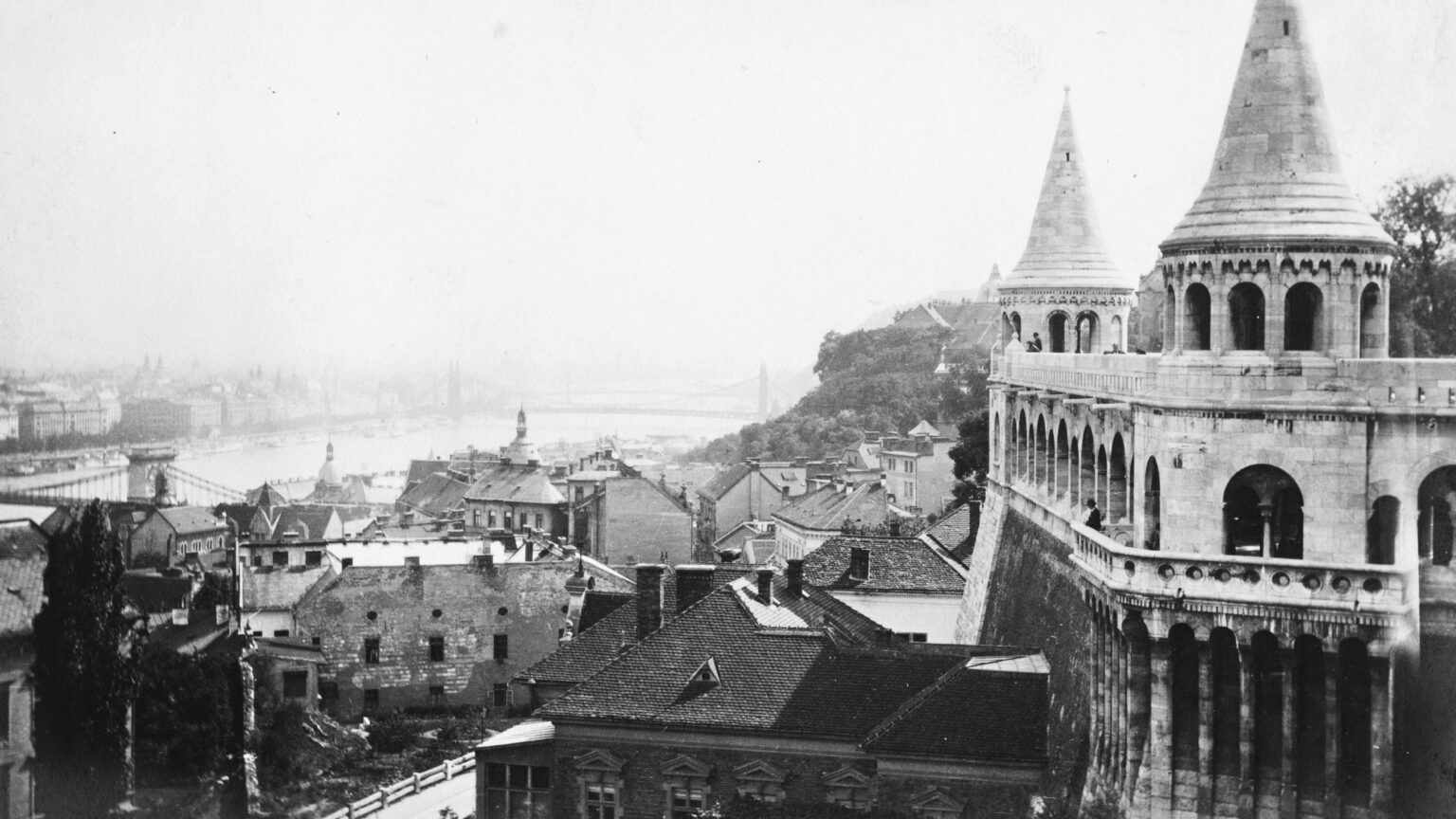
‘These cases highlight the cruel paradox of 1951: people who had already suffered persecution were once again uprooted by a regime that judged them by social labels rather than personal history.’
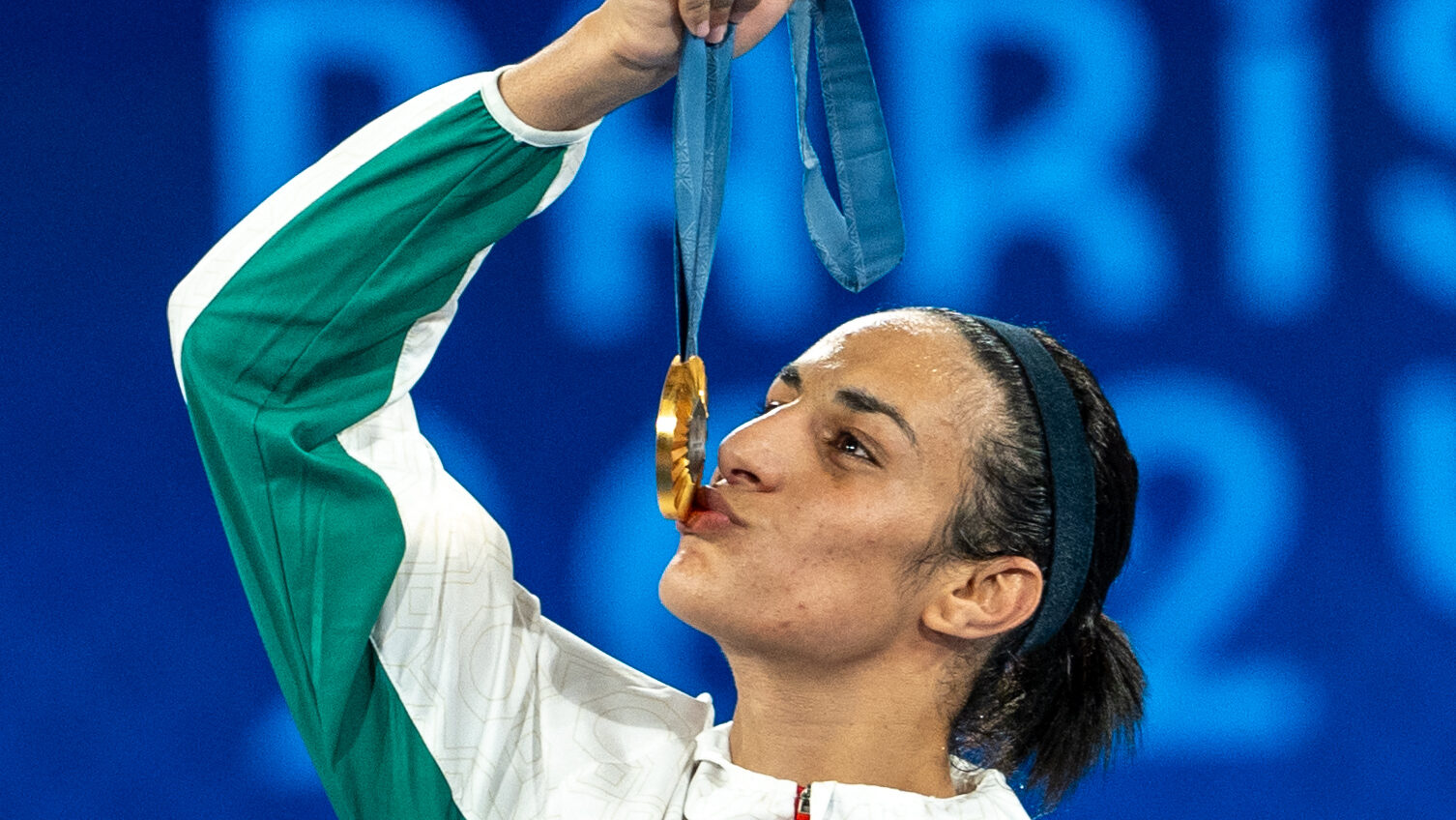
Controversial Algerian Olympic boxing champion Imane Khelif has acknowledged possessing a Y chromosome and elevated testosterone levels, reigniting global controversy over her participation in women’s competition at the Paris 2024 Games.
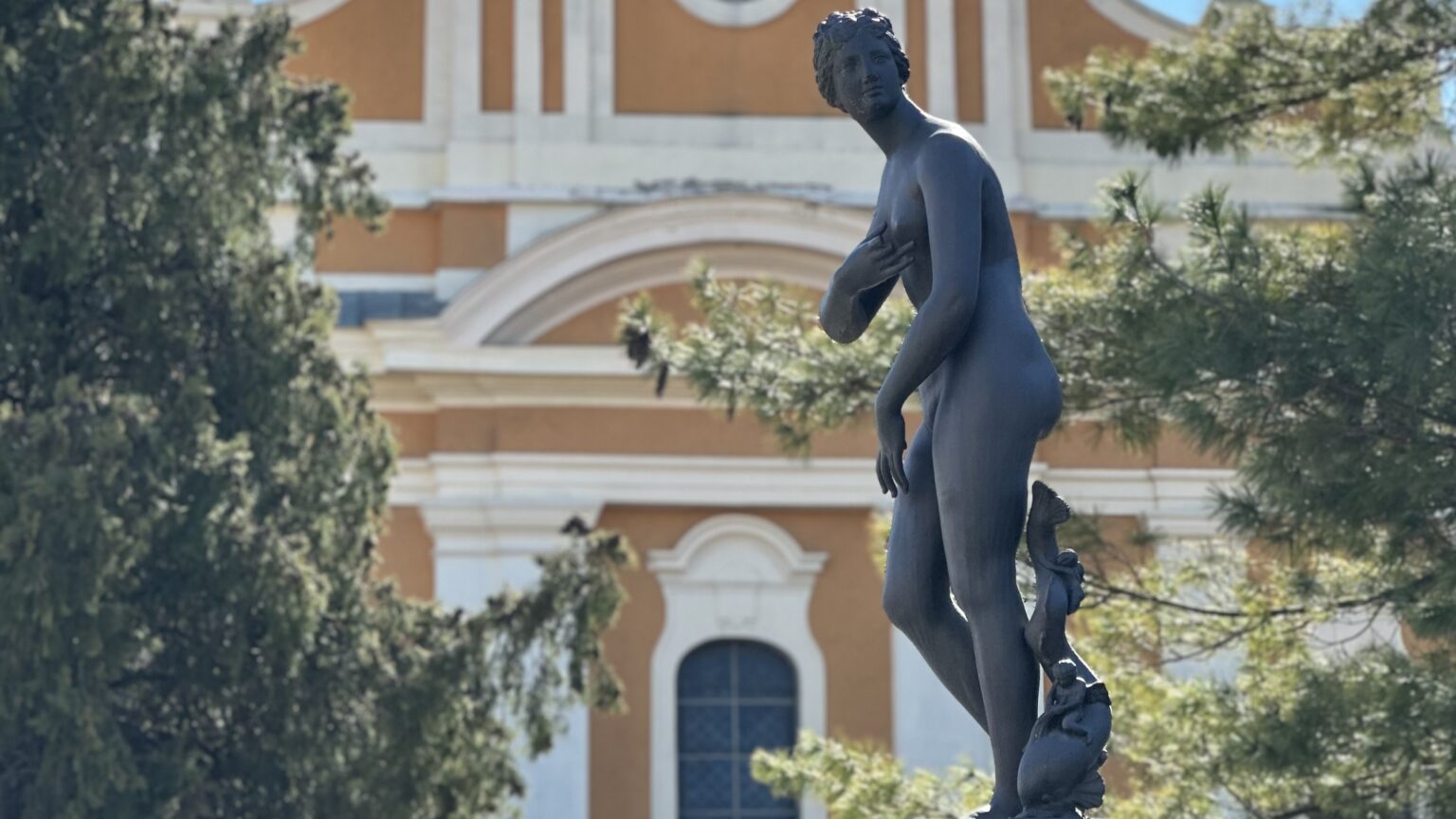
‘Just beyond the railway station stands a unique building known as the Wine Temple, a sanctuary not primarily of religion, but of culture, economy, and the cultivated life.’

From Edmund McMillen (The Binding of Isaac, Super Meat Boy) and Tyler Glaiel (Closure, The End Is Nigh) comes a deeply tactical legacy roguelite that asks:
What if you could breed the perfect army of whiskered warriors, then send them on tactical adventures in search of food, money and loads of treasure?

‘…while tensions within the family may carry political implications, young people do not appear to perceive intergenerational political conflict as more salient than disagreements in other domains, such as the use of digital devices.’
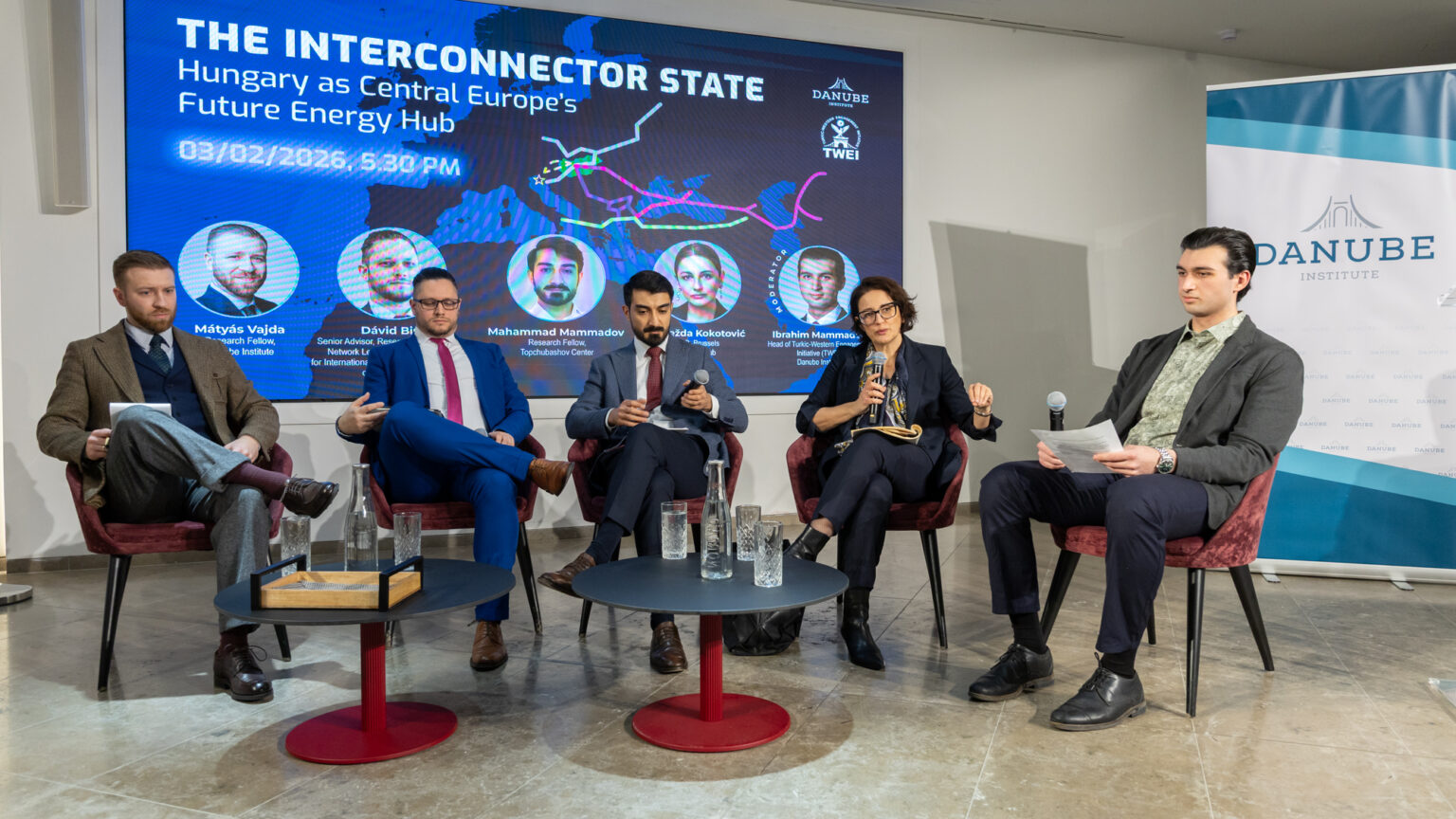
At a Danube Institute panel in Budapest, experts examined Hungary’s growing role in Central European energy security. Speakers highlighted new transit routes, partnerships with Turkic states, and strategic infrastructure projects positioning Hungary as a key regional energy hub.
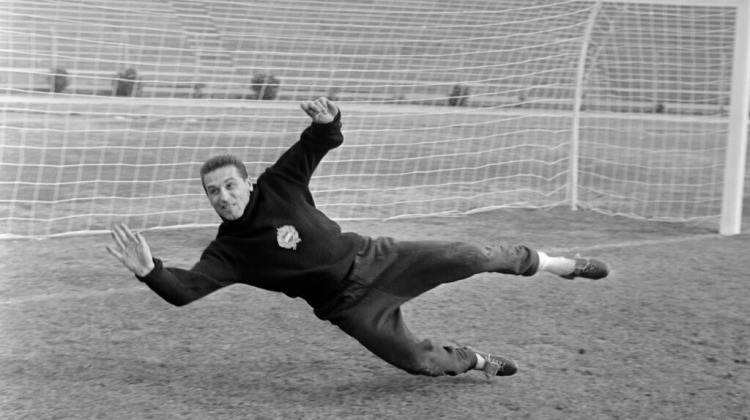
Gyula Grosics was the goalkeeper for the famous Mighty Magyars football team of the 1950s. Today is the centennial of his birth, so we are honouring his legacy with the biography of his eventful life.
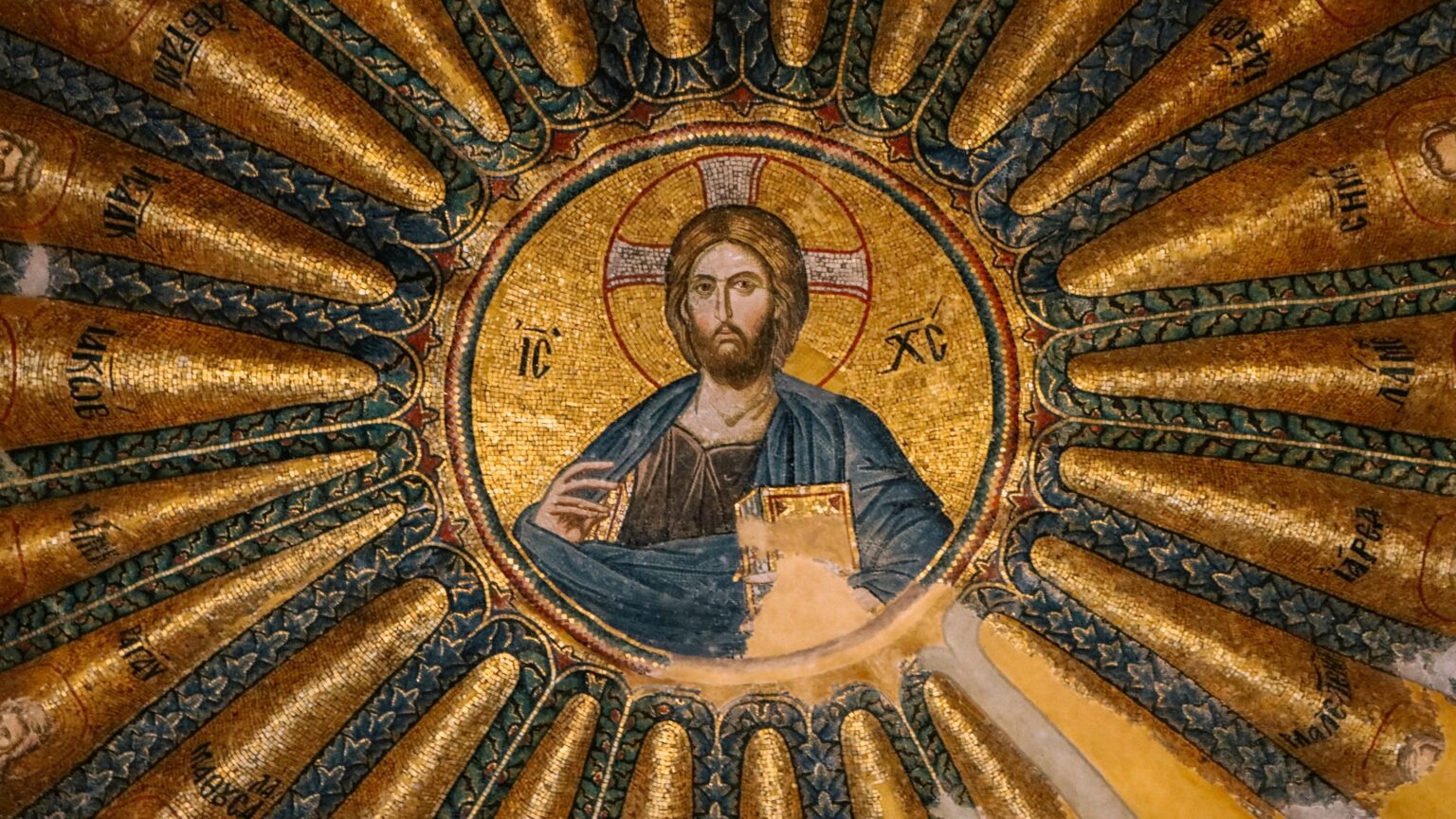
15 years after its ruling on crucifixes in Italian schools, the European Court of Human Rights has asked Greece to justify the presence of Orthodox icons in its courts. Legal scholar Nicolas Bauer reminds us that states have entrusted the Court with protecting individual freedoms, not erasing European cultural heritage.
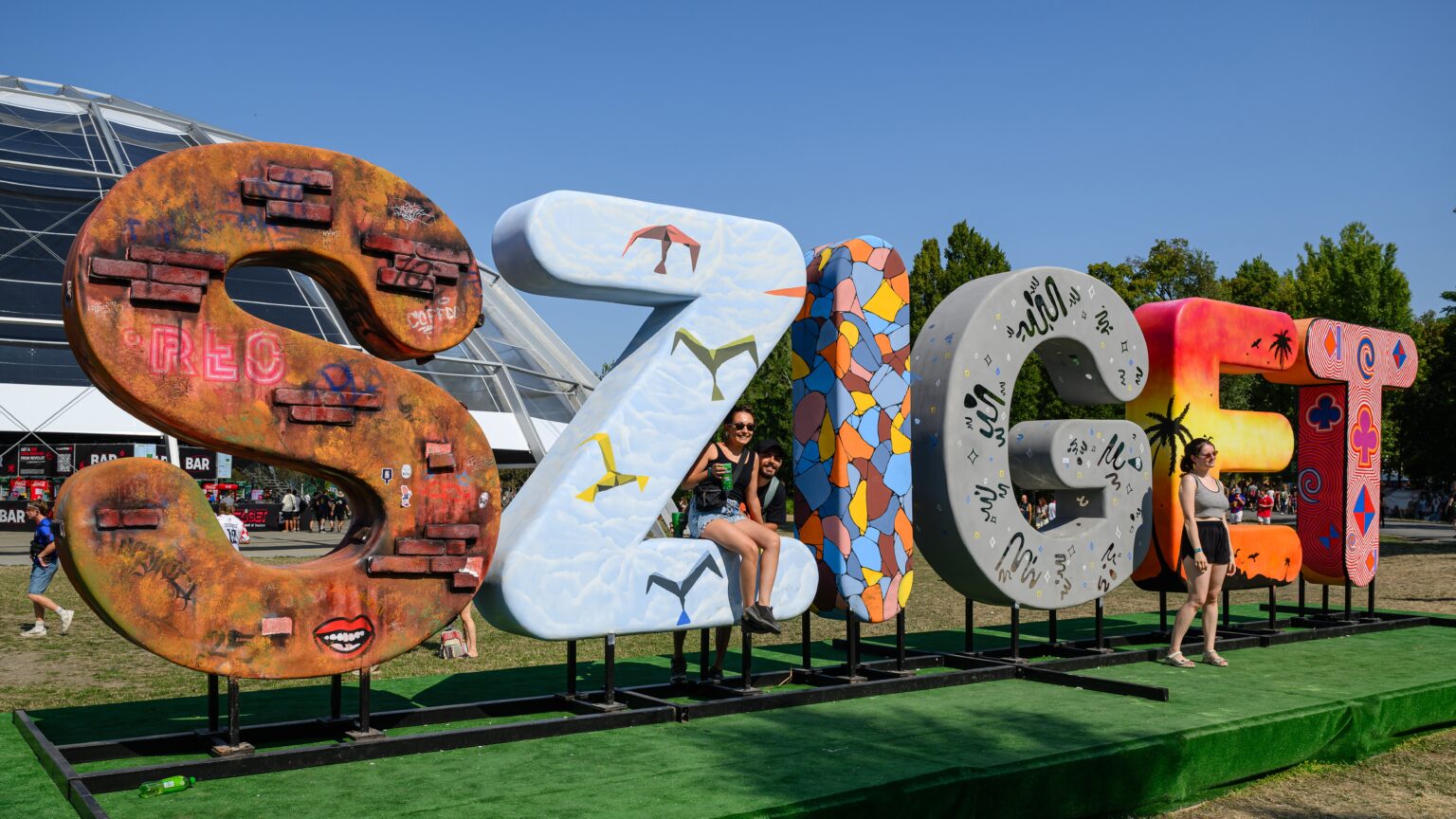
Organizers of the Sziget Festival have announced more than 40 new performers, including Bring Me The Horizon, Zara Larsson, Loyle Carner and Wolf Alice, strengthening the international line-up for the 2026 edition of the event.

Ukrainian tennis player Oleksandra Oliynykova sparked controversy at the WTA 250 tournament in Cluj-Napoca after refusing to shake hands or pose for a joint photo with Hungary’s Anna Bodnár during their match. Oliynykova cited Bodnár’s earlier participation in a tournament held in Russia as the reason for rejecting the traditional gestures, drawing a comparison to taking part in a sporting event in Nazi Germany.
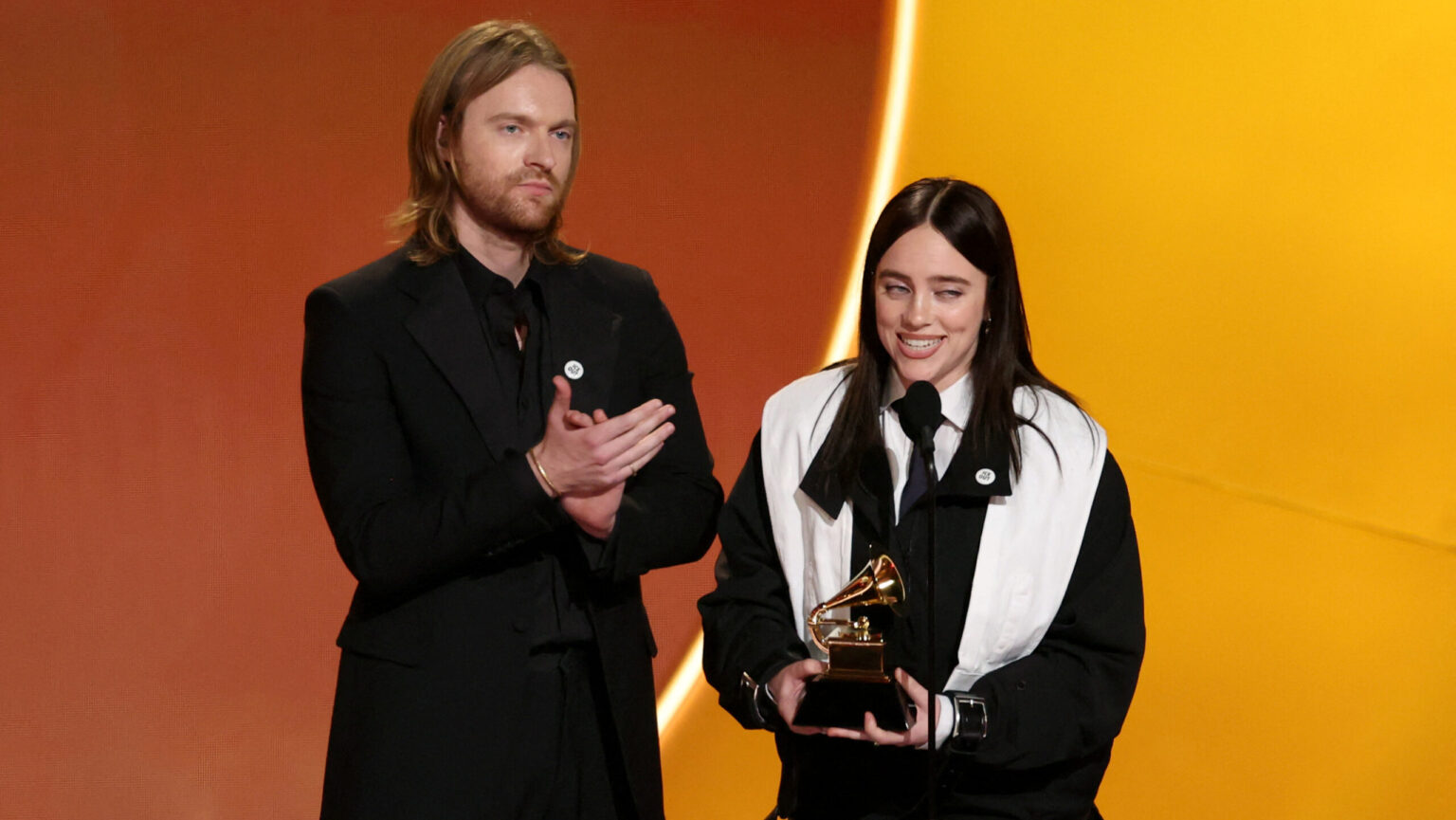
Billie Eilish’s decision to use her Grammy acceptance speech to attack ICE and Donald Trump sparked a fierce reaction from conservative commentators. Her ‘stolen land’ remarks was widely mocked online as another example of celebrity activism collapsing under its own moral inconsistency.
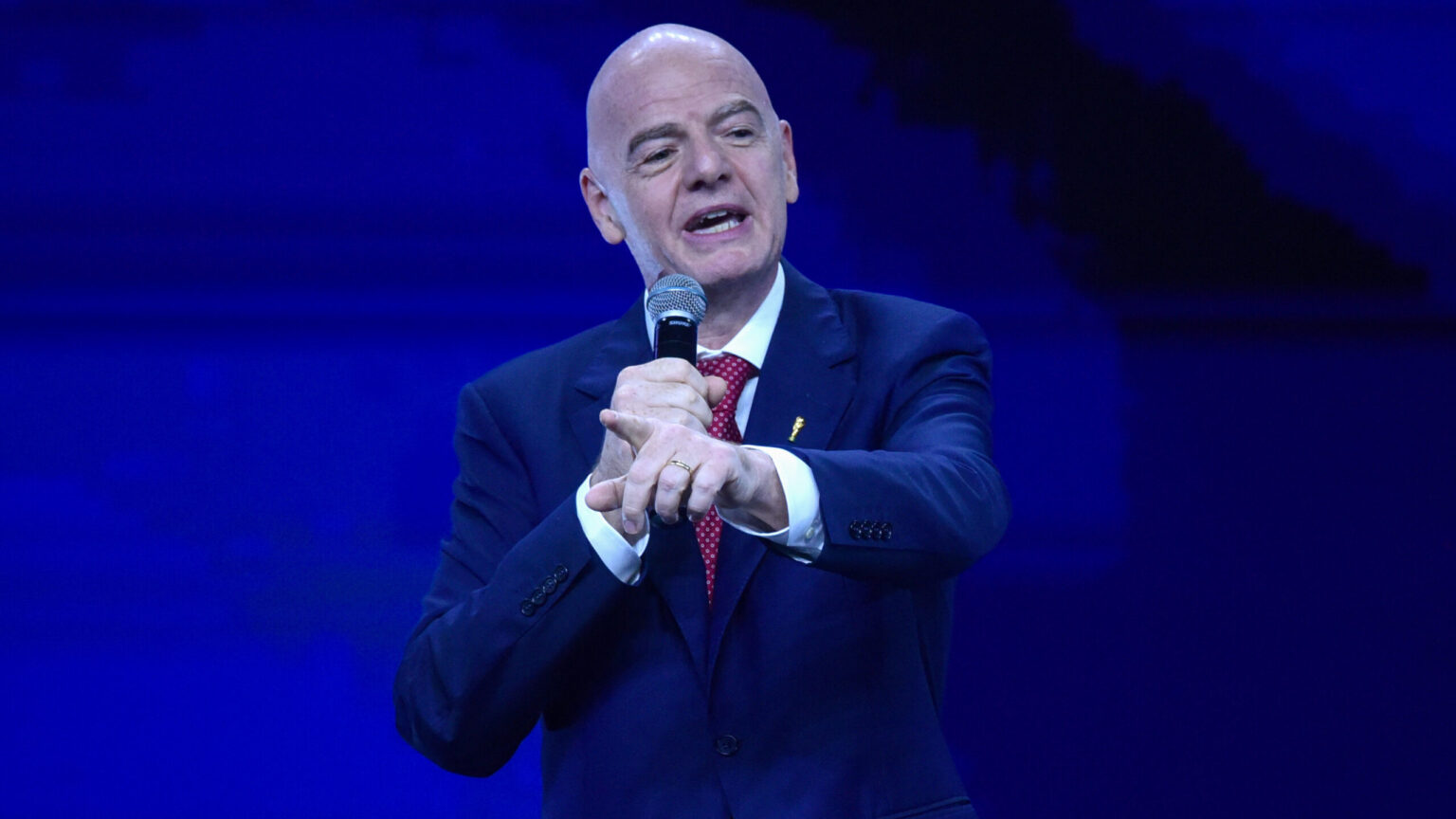
As the 2026 World Cup approaches, FIFA President Gianni Infantino has signalled a shift on Russia’s exclusion from international football. Calling the ban ineffective and counterproductive, he argued that athletes should not be punished for political decisions—a stance Hungary has consistently defended since Russia’s suspension in 2022.
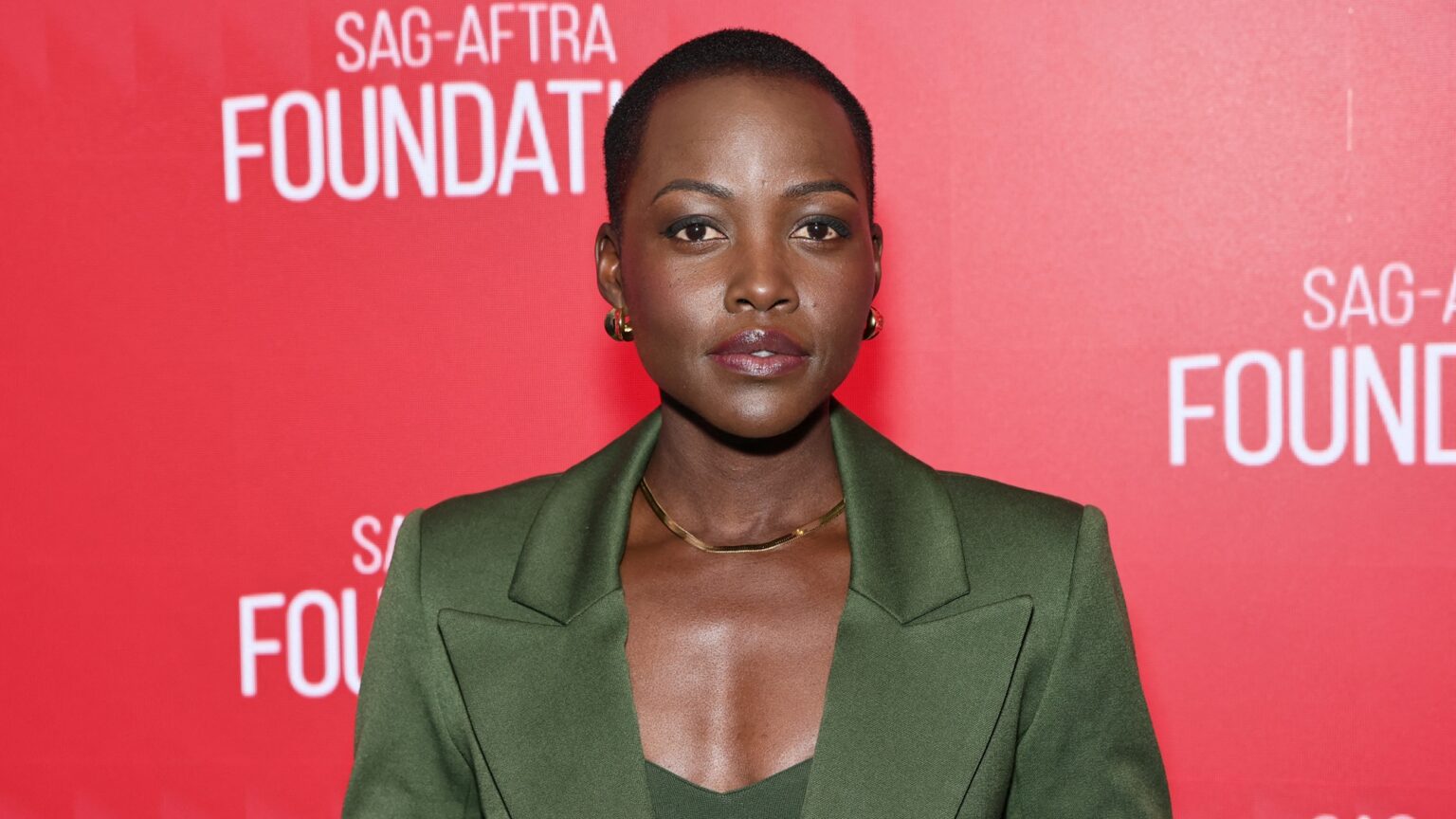
In the 2026 big-budget film production of Homer’s Odyssey, Kenyan Mexican actress Lupita Nyong’o is set to play the role of Helen of Troy, the most mythically beautiful woman on Earth, who is described as ‘fair’ and is repeatedly compared to ‘white-armed’ goddesses in Homer’s other famous work, the Iliad. Many people have criticized the casting choice online, including Elon Musk.
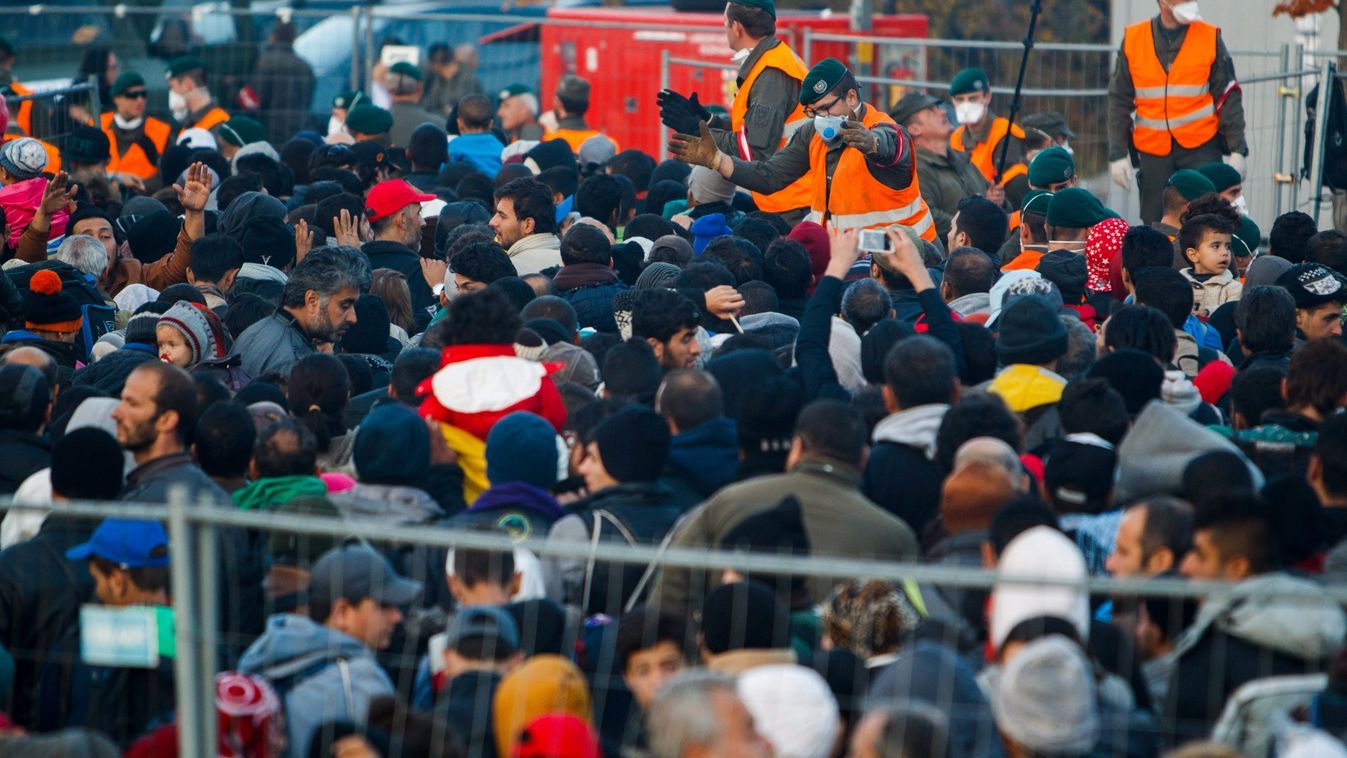
With an executive decree by the Spanish government bypassing parliament, Prime Minister Pedro Sánchez’s administration has granted residency and work permits to half a million migrants who had entered Spain illegally. Vox leader Santiago Abascal has accused the Prime Minister of wanting to ‘replace’ native Spanish people, and wanting to eventually nationalize the migrants for votes.
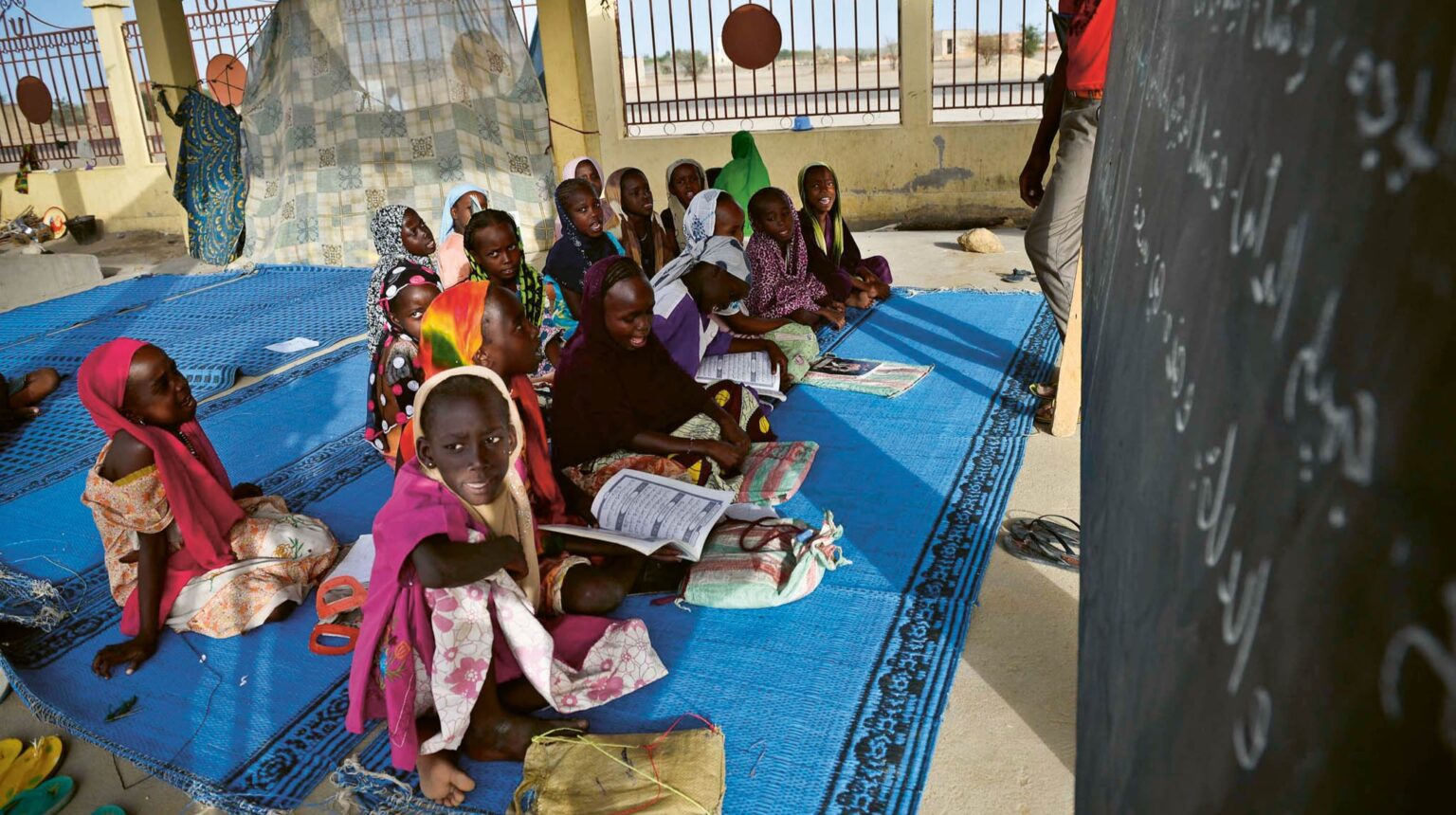
‘The aggressive push by UN and EU institutions, among others, to impose CSE, a harmful agenda that is neither grounded in nor compatible with international human rights law, on the African continent, represents a striking encroachment on the principle of cultural and development ownership and an affront to the same European values that reject undue interference in the democratic processes of states.’

Her hobby became her job: travelling. She leads groups to destinations around the world—excursionists, hikers, and travellers drawn to her relaxed, easy-going style. Get to know the story of Zsuzsanna Kovács, aka Female Yeti.